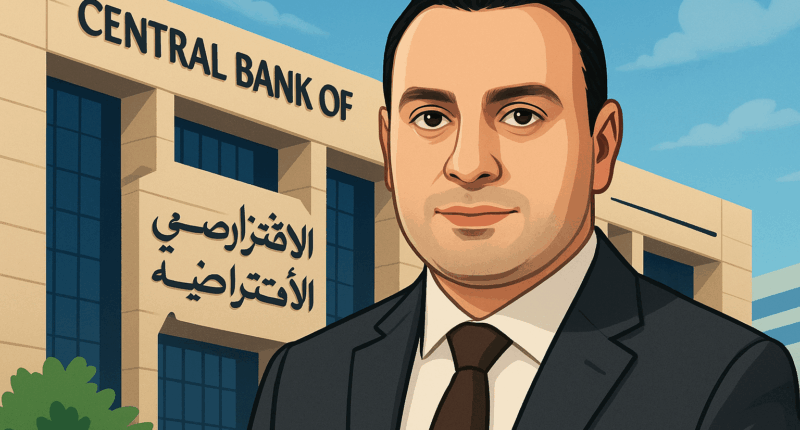At the recent Dubai FinTech Summit, the Central Bank of the UAE (CBUAE), in collaboration with the MENA FinTech Association (MFTA), hosted an exclusive regulatory roundtable led by Paul Kayrouz, Chief FinTech Officer at the CBUAE. The session provided a compelling demonstration of the UAE’s strategic approach to financial innovation emphasizing not just regulation, but the engineering of a digital-first financial system.
The roundtable reflected the CBUAE’s commitment to its Five FinTech Strategy Pillars: reimagining regulatory frameworks, enabling cross-border collaboration, empowering the next generation of talent, future-proofing financial market infrastructure, and strengthening the national FinTech ecosystem.
Stablecoin regulation officially takes effect
One of the most groundbreaking developments discussed was the formal introduction of stablecoin regulation. The UAE has now implemented a fully operational licensing regime for UAE Dirham-backed payment tokens, covering issuance, custody, transfer, and conversion. The first license has already been granted to AE Coin, with additional approvals expected to follow soon.
Importantly, this framework allows for the cross-border use of sovereign-backed tokens, enabling the AED to emerge as a programmable remittance tool and a valuable Web3 instrument.
CBDC launches retail phase of the Digital Dirham
Another highlight was the progress of the UAE’s Central Bank Digital Currency (CBDC), the Digital Dirham. Following a pilot that processed over AED 7 billion in transactions, the project is now advancing into its retail phase. A consumer-facing application and integration with smart contracts are currently in development, backed by collaboration with banks, fintechs, and exchange houses.
Additionally, the UAE’s open finance infrastructure is scaling at an impressive pace. The API-led architecture is being adopted by Tier 1 banks, many of which are approaching full API onboarding. A public rollout is expected in 2025. Unlike typical open banking frameworks, the UAE’s initiative goes further by incorporating areas such as foreign exchange, insurance, and capital markets.
The Central Bank’s API Hub and Trust Framework are already in active deployment, enabling a broader and more integrated financial ecosystem.
National eKYC platform set for rollout
A national eKYC platform is also in development, aiming to address the long-standing issue of onboarding delays, especially for SMEs. The platform will aggregate data from more than 83 national sources and provide comprehensive coverage for both Know Your Customer (KYC) and Know Your Business (KYB) requirements. The governance structure and operational model for this initiative are currently being finalized.
Further demonstrating its commitment to innovation, the CBUAE is piloting technologies focused on biometric authentication and artificial intelligence in financial services. These initiatives are currently in sandbox environments, using synthetic data to ensure privacy and validate proof-of-concept applications.
This regulatory roundtable highlighted the UAE’s transition from policy formulation to execution. Its FinTech regulatory posture is now risk-based, inclusive, and infrastructure-ready, positioning the nation as a global leader in financial innovation.





